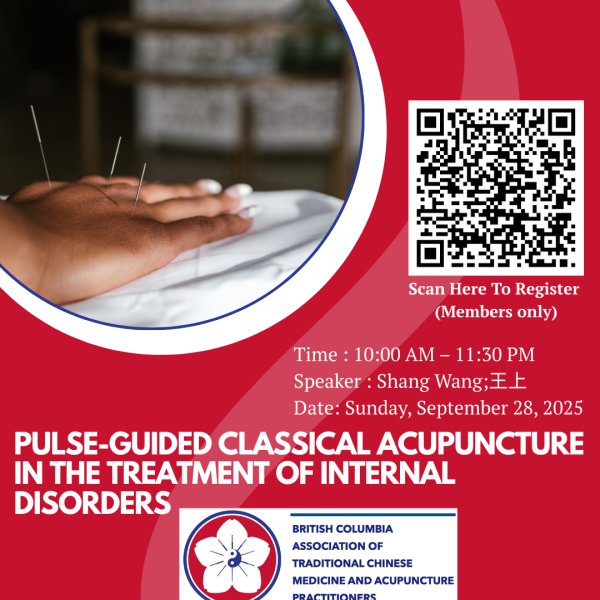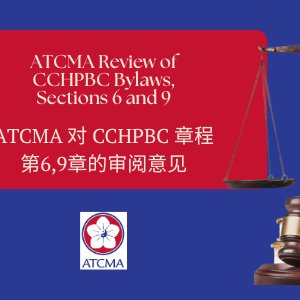Let’s explore how acupuncture can help with sleep….
By Kelly Hamilton (TCM student)
Using acupuncture to support sleep & treat insomnia
According to the Canadian Sleep Society, 10% of Canadians suffer chronically with insomnia, while 40% of adults report trouble sleeping at any given time in their lives (Carney, 2013). The NHS lists the common reasons for insomnia as stress, anxiety, pain, health conditions, the use of some prescription medications, a poor sleeping environment, and other diet related factors including consumption of caffeine (NHS, 2023).
Many of us have experienced the negative consequences of getting a poor sleep, and it seems safe to generalize that a bad sleep can leave us feeling less than on our A-game. Beyond this subjective undesirable feeling, prominent sleep scientist, Matthew Walker from the Center for Human Sleep Science at Berkeley University, warns that sleep deficiency can impair cognitive functions including memory and focus, depress the immune function of the body, and may even take years off our lives (REF#3)!
General recommendations by the CDC state the most adults require at least 7 hours of sleep per night, so even if you are an “I fall asleep without any issues” or “I get back to sleep after waking” person, if you’re not clocking at least 7 hours your body may be suffering from a sleep deficiency! Whether you qualify for the official diagnosis of “insomnia”, or sleep is simply an area in your life where you have problems it’s worth taking steps to ensuring you’re getting enough.
So, let’s explore how acupuncture can help with sleep….
There have been many studies conducted that show the efficacy of acupuncture for treating patients struggling with insomnia. In fact, a meta-analysis that looked at the results of 24 such studies found acupuncture to be more effective than some pharmaceutical medications at improving insomnia symptoms, and with none of the side effects (Kim et al., 2021).
From a Traditional Chinese Medicine (TCM) perspective, insomnia can be caused by a few different factors. This article will cover the two most commonly seen patterns that tend to lead to sleep troubles and explain how acupuncture can help with each.
Spirit Disturbance
Slightly foreign to our way of thinking in the west, TCM places a large importance on “spirit” as being vital to aspects of our wellbeing, including our emotional health. Insomnia is considered a disturbance of the spirit (Maciocia, 2015). The aspect of our spirit that is most commonly involved in sleep issues is known as the “shen” and is stored in the heart. Factors including prolonged periods of stress, intense and sudden emotions, or other underlying health disorders can lead to a disturbance in this spirit (Jingyi & Xuemei, 1993). When this spirit is not able to move back into the heart where it is stored at nighttime, it can cause mind reeling, intense dreams, and a tendency to wake up multiple times.
There are specific acupuncture points that have an impact on the spirit and heart, and others that can support the body in absorbing nutrients that nourish both the spirit and heart ensuring they can be brought back into balance and harmony. This helps ensure your mind and body can find rest at nighttime (Jingyi & Xuemei, 1993).
Yin and Yang Imbalance
Another two eastern medicine concepts that are vital to TCM are Yin and Yang. Anyone familiar at all with Tai Chi, Qi Gong, TCM, or Acupuncture has likely seen the infamous Yin Yang symbol. Perhaps there is some association with “peace” as it is often portrayed in the west. The idea of Yin and Yang in TCM can be somewhat complicated to understand but translates most simply as “balance”. There can never be yang without yin; and there can never be yin without yang. We need both important aspects of health in the right ratios at any given time (Maciocia, 2015).
Yin is the aspect of this duo that is most responsible for the resting and sleeping portion of our day, while yang is the aspect that is more responsible for the wakeful portion of the day. While both yin and yang always exist, nighttime is meant to be relatively more yin than yang. Sometimes the dynamic interplay between yin and yang can become imbalanced or disturbed resulting in increased wakefulness at night time. When physiological and mental processes that would be deemed as healthy during waking hours start to happen at night, we can experience sleep disturbances (Maciocia, 2015; Jingyi & Xuemei, 1993).
Acupuncture can help to nourish the yin and yang aspects of our body and help restore balance to the system, inviting more yin energy in at the right times of day, and ultimately allowing for restful sleep through the night!
References
Carney, C. E. (2013). Insomnia and Performance - Helping your patients remain alert and effective. Insomnia Rounds. https://css-scs.ca/wp-content/uploads/2020/09/150-009_Eng.pdf
Centers for Disease Control and Prevention. (2016). 1 in 3 adults don’t get enough sleep. CDC Web Archive. https://www.cdc.gov/media/releases/2016/p0215-enough-sleep.html
NHS. (2023). Insomnia. NHS inform. https://www.nhsinform.scot/illnesses-and-conditions/mental-health/insomnia
Gross, T. (2017). Sleep scientist warns against walking through life “in an underslept state.” NPR. https://www.npr.org/sections/health-shots/2017/10/16/558058812/sleep-scientist-warns-against-walking-through-life-in-an-underslept-state
Jingyi, Z., & Xuemei, L. (1993). Acupuncture Patterns & Practice (pp. 57-82). Eastland Press.
Kim, S. A., Lee, S. H., Kim, J. H., van den Noort, M., Bosch, P., Won, T., Yeo, S., & Lim, S. (2021). Efficacy of Acupuncture for Insomnia: A Systematic Review and Meta-Analysis. The American journal of Chinese medicine, 49(5), 1135–1150. https://doi.org/10.1142/S0192415X21500543
Maciocia, G. (2015). The Foundations of Chinese Medicine: A Comprehensive Text (3rd ed.). Elsevier.
NHS. (2023). Insomnia. NHS inform. https://www.nhsinform.scot/illnesses-and-conditions/mental-health/insomnia
Disclaimer:
The views, opinions, and content expressed in this article are those of the original author. We share this content for informational purposes only and do not guarantee its accuracy, completeness, or reliability. Any action you take based on the information provided in this article is at your own risk. For any concerns regarding the content, please refer to the original author or source.



Login to comment
Comments are only available to registered users. Not registered yet? Create a free account now.